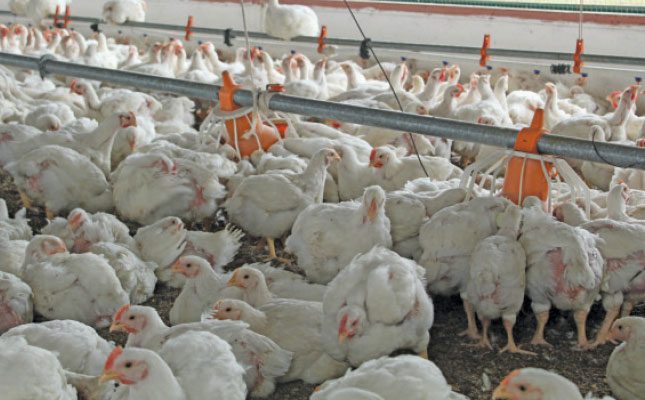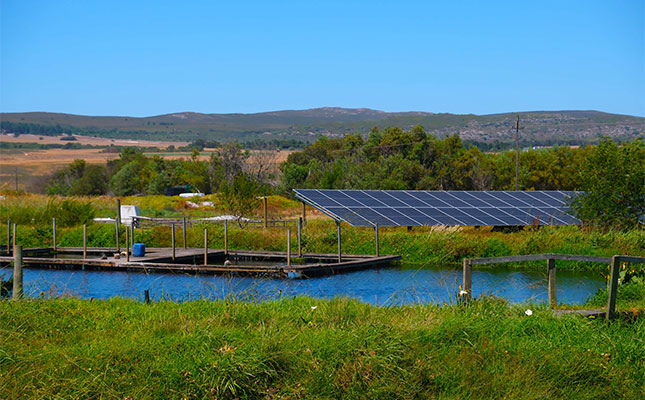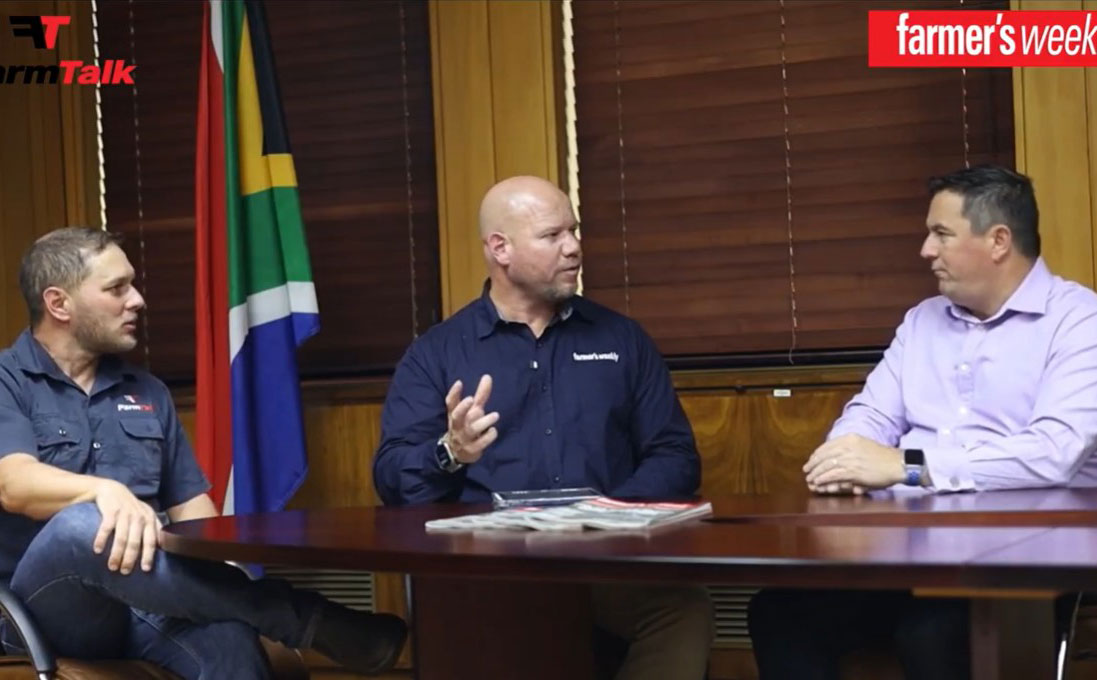
Gary Arnold, CEO of Astral, said during a media briefing that the year was “certainly a tale of two halves, where Astral faced tremendous pressure on earnings in the first half, but a good recovery in the second to finish in a strong financial position”.
Group revenue increased by 10,4% year-on-year y/y to R22,6 billion, with the poultry division contributing 82,5% and the feed division 17,5% of total external revenue.
Operating profit rose BY 10,9% from over R1,124 million to around R1,247 million. Excluding one-off insurance recoveries of R251,6 million in the previous financial year, operating profit increased by 42,8% y/y.
According to Arnold, the improvement was supported by stronger cost management and higher production volumes, which lowered overhead cost per unit. The operating profit margin for the group remained at 5,5%.
Arnold attributed the revenue increase to higher broiler slaughter volumes, which rose from an average of 5,4 million birds per week in 2024 to about 5,8 million this year, and to a well-balanced market supply and demand.
Division performance highlights
“Slaughter volumes have returned to levels prior to November 2022, before load-shedding and highly pathogenic avian influenza [HPAI] started to negatively impact production. We will reach full production capacity by the end of [November 2025],” he said.
Sales volumes increased by 7,9% to 38 749t for the year, supported by sales out of stock and increased production. The broiler net margin improved from -1,1% in the first half to 3,9% in the second, bringing the full-year net margin to 1,5%.
The poultry division’s operating profit declined from R580 million to R533,6 million. Arnold noted that last year’s results included insurance proceeds of R230,7 million, meaning the underlying operating performance improved by 52,6% this year.
The feed division’s revenue increased by 9,8% from R9,8 billion to R10,8 billion, driven by higher sales volumes and increased feed selling prices due to the elevated cost of raw materials. SAFEX yellow maize prices averaged R4 552/t during the period under review, compared with R3 992/t in 2024, while soya meal prices decreased to R7 507/t, from R9 836/t in 2024.
Total feed sales rose by 7%, supported by an 8,1% increase in internal poultry feed demand to 62 507t and a 5,6% rise in external feed sales to 30 632t, driven mainly by stronger demand in the poultry and pig sectors.
Operating profit for the division increased by 31,1% from R544,5 million to R713,8 million, with the operating profit margin improving from 5,5% to 6,6%. Operating expenses were well controlled throughout the year.
Astral ended the financial year with more than R1 billion in cash. Chief Financial Officer Dries Ferreira said the balance sheet recovery was supported by R1,7 billion in cash generated from operations.
As a result, the group declared a final dividend of 880c/share, bringing the total dividend for the year to 1 100c/share, a 112% increase from the previous year.
Stakeholder support for turnaround strategy
Arnold said stakeholders had supported Astral’s turnaround strategy following the disruptive events of 2023, when load-shedding and avian influenza significantly affected the business.
“We have been successful in executing our turnaround plans, which is evident in the good set of results and quality of earnings reported. The restored cash balance places the business in a solid position to execute important business opportunities going forward,” he added.
Despite the strong performance, Astral remains concerned about South Africa’s weak economic growth, high unemployment, low household disposable incomes, and avian influenza.
Arnold said the group recently received permission from the Department of Agriculture to vaccinate broiler breeders on two more of its farms, raising the share of vaccinated birds from 5% to 30%. The vaccination programme is expected to start early next year, depending on vaccine availability.
He estimated vaccination costs at R2,00 to R2,50 per bird, depending on whether they receive two or three doses.
“It would cost around R20 million to vaccinate all our birds, which is roughly equivalent to the insurance we previously had to pay [for protection against the disease], but that insurance is no longer available to the industry.”
Arnold stressed that, due to export market restrictions, not all birds will be vaccinated: “Vaccination forms part of a broader biosecurity and monitoring programme. We are not doing blanket vaccinations.”
Currently, the industry is allowed to export only fully cooked chicken, not frozen raw chicken, due to outbreaks of HPAI detected in multiple provinces in South Africa.
“In the past, outbreaks were linked to winter, but now there no longer seems to be any seasonality associated with the disease,” Arnold concluded.
Get trusted farming news from Farmers Weekly in Google Top Stories.
➕ Add Farmers Weekly to Google ✔ Takes 10 seconds · ✔ Remove anytime









